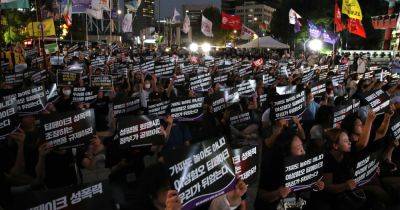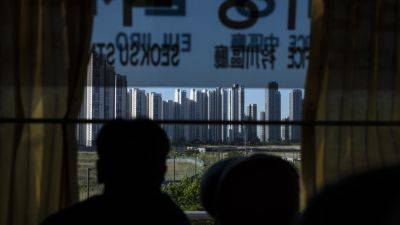Why South Korea is on high alert over deepfake sex crimes
SEOUL — South Korean regulators and police last week vowed to combat sexually exploitative deepfakes, urging Telegram and other social media companies to co-operate with them as they crack down on the practise.
What has caused the recent uproar in South Korea?
Several domestic media outlets reported recently that sexually explicit deepfake images and videos of South Korean women were often found in Telegram chatrooms.
Around the same time, South Korean feminist groups and international K-pop fans became more active on social media, calling for action and sharing tips on how to expose such chatrooms.
The outcry also follows the sentencing this month of a man for his involvement in a deepfake pornography case that targeted female students at Seoul National University.
Gender issues are particularly sensitive in South Korea and are debated fiercely across many public forums.
Are sexual deepfakes more prevalent in South Korea?
South Korea is the country most targeted by deepfake pornography, with its singers and actresses constituting 53 per cent of the individuals featured in such deepfakes, according to a 2023 report on deepfakes globally by Security Hero, a US startup focused on identity theft protection.
South Korean police say the number of deepfake sex crime cases they have taken on so far this year has surged to 297. That compares to 156 for all of 2021 when data was first collated. Most victims and perpetrators are teenagers, they say.
South Korea has also had to grapple with a series of high-profile digital sex crime cases in recent years, ranging from an online sex blackmail ring to spycam porn.
[[nid:695882]]
What are authorities doing?
The crackdown on sexual deepfakes by South Korea has coincided with Pavel







